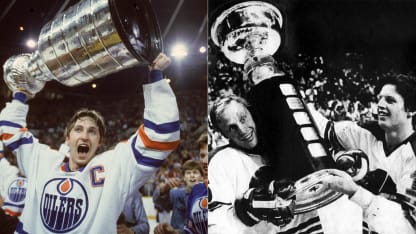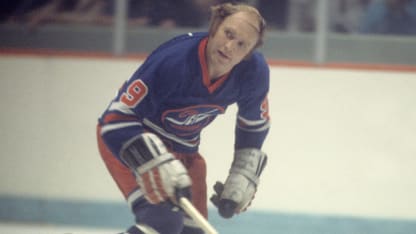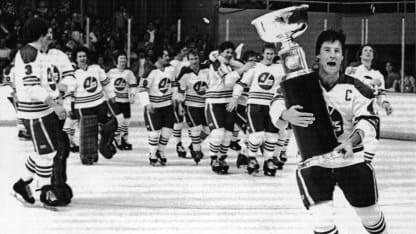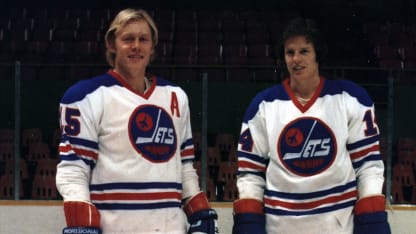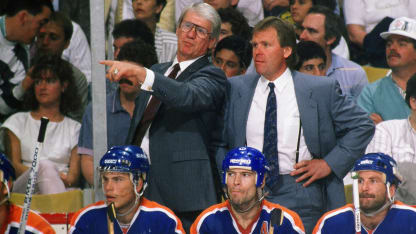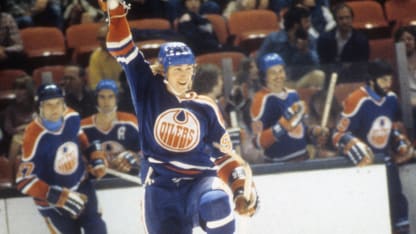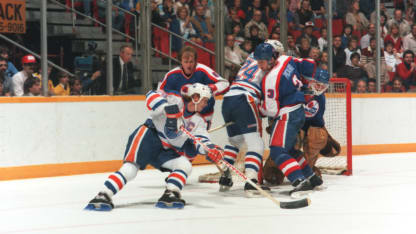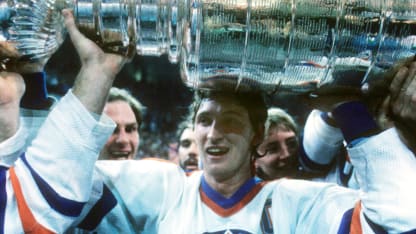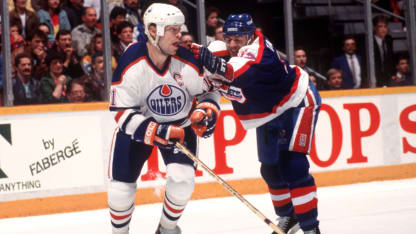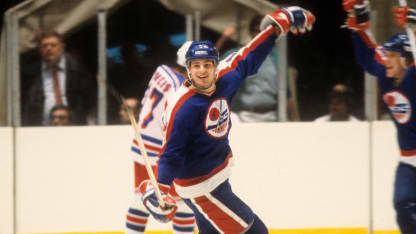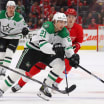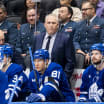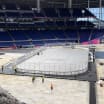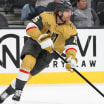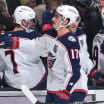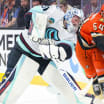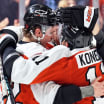The contract for Hull, who was 33 at the time and had played the first 15 seasons of his career with the Chicago Black Hawks (as they were then known), was funded by each of the new league's owners in a clear shot across the bow to the established NHL. It was also a response to Edmonton, which had signed NHL players Eddie Joyal, Al Hamilton, Bill Hicke and Jim Harrison.
"I thought the WHA was needed in certain areas where professional hockey was long overdue," Hull said. "I felt the people in the prairies and in certain areas deserved professional hockey."
The signing spawned a rivalry that would set a standard of excellence as it moved from the WHA to the NHL, featured the emergence of dominant European players in the NHL and introduced Gretzky to the world.
The one-upmanship between the teams at the start of the rivalry went to the highest levels in short order as the Oilers and Jets combined for eight league championships in a 15-year period that spanned the WHA era and the migration of each to the NHL.
Edmonton won the Stanley Cup five times (1984, 1985, 1987, 1988, 1990) in seven years while Winnipeg won the Avco World Trophy three times (1976, 1978, 1979) in four years.
There was a rivalry in place before the first puck dropped for the seven-season run of the WHA.
The respective owners, Bill Hunter in Edmonton and Ben Hatskin in Winnipeg, had already faced off in the Western Canada Hockey League, a junior league based in Manitoba, Saskatchewan and Alberta. Hunter owned the Edmonton Oil Kings and Hatskin the Winnipeg Jets.
The first meeting between the Oilers (known then as the Alberta Oilers) and the Jets was on Oct. 15, 1972, a 5-2 Alberta win in Winnipeg. Through the WHA's existence, though, the Jets emerged with better results.
In 75 head-to-head games in the regular season, Winnipeg was 41-31-3 and, more importantly, won the only two playoff series between the teams.
The first was in 1976, when the Jets swept the Oilers in four games on the way to winning the Avco World Trophy for the first time, going 12-1 in the playoffs that season.
